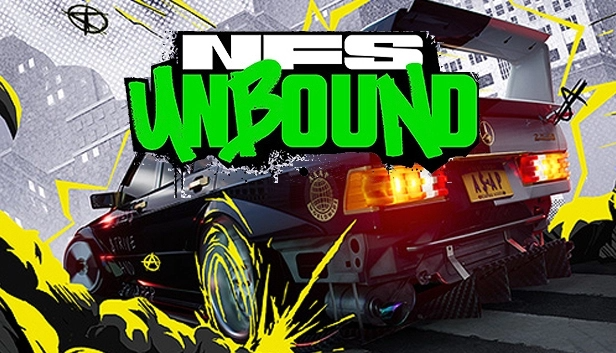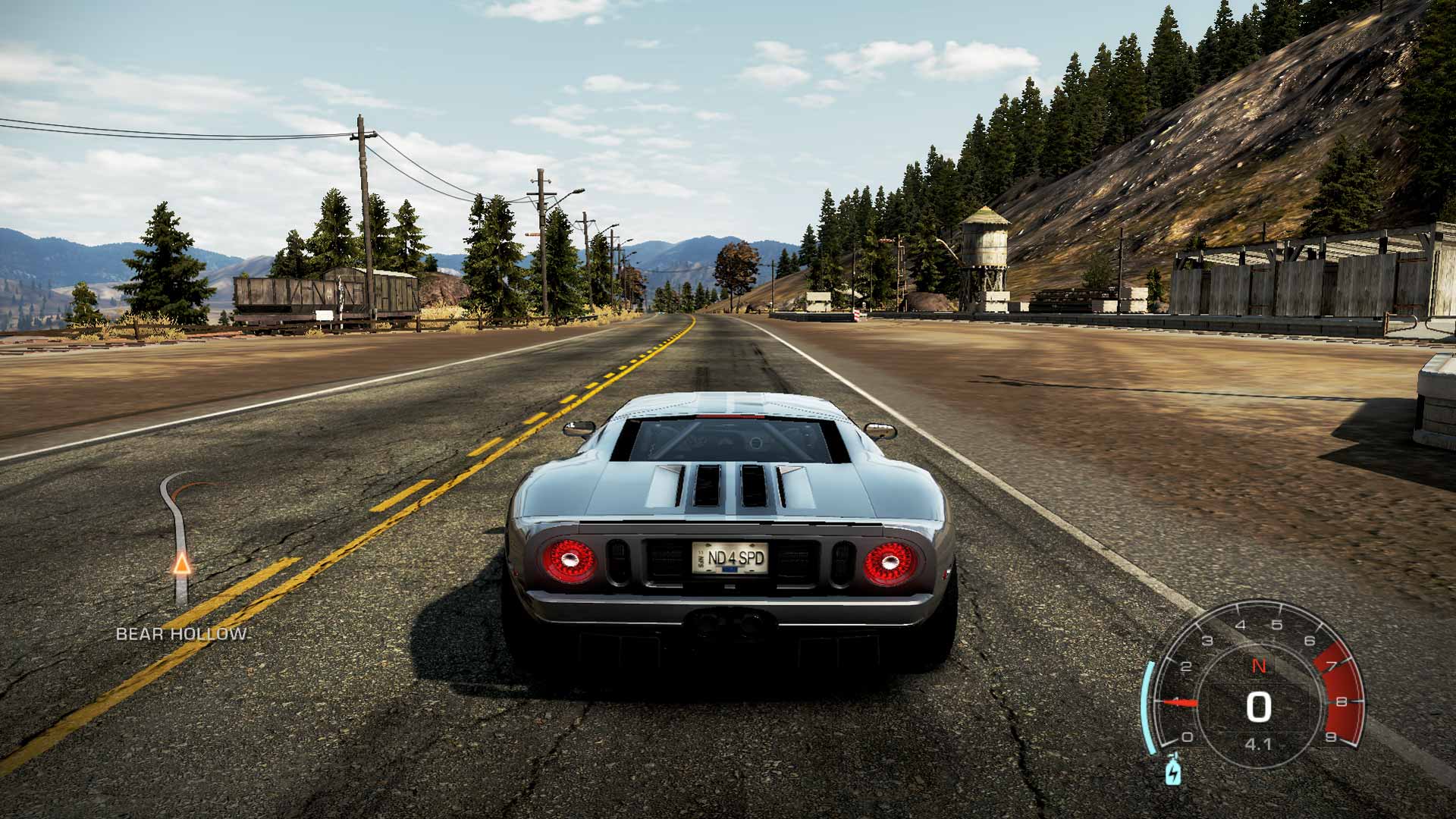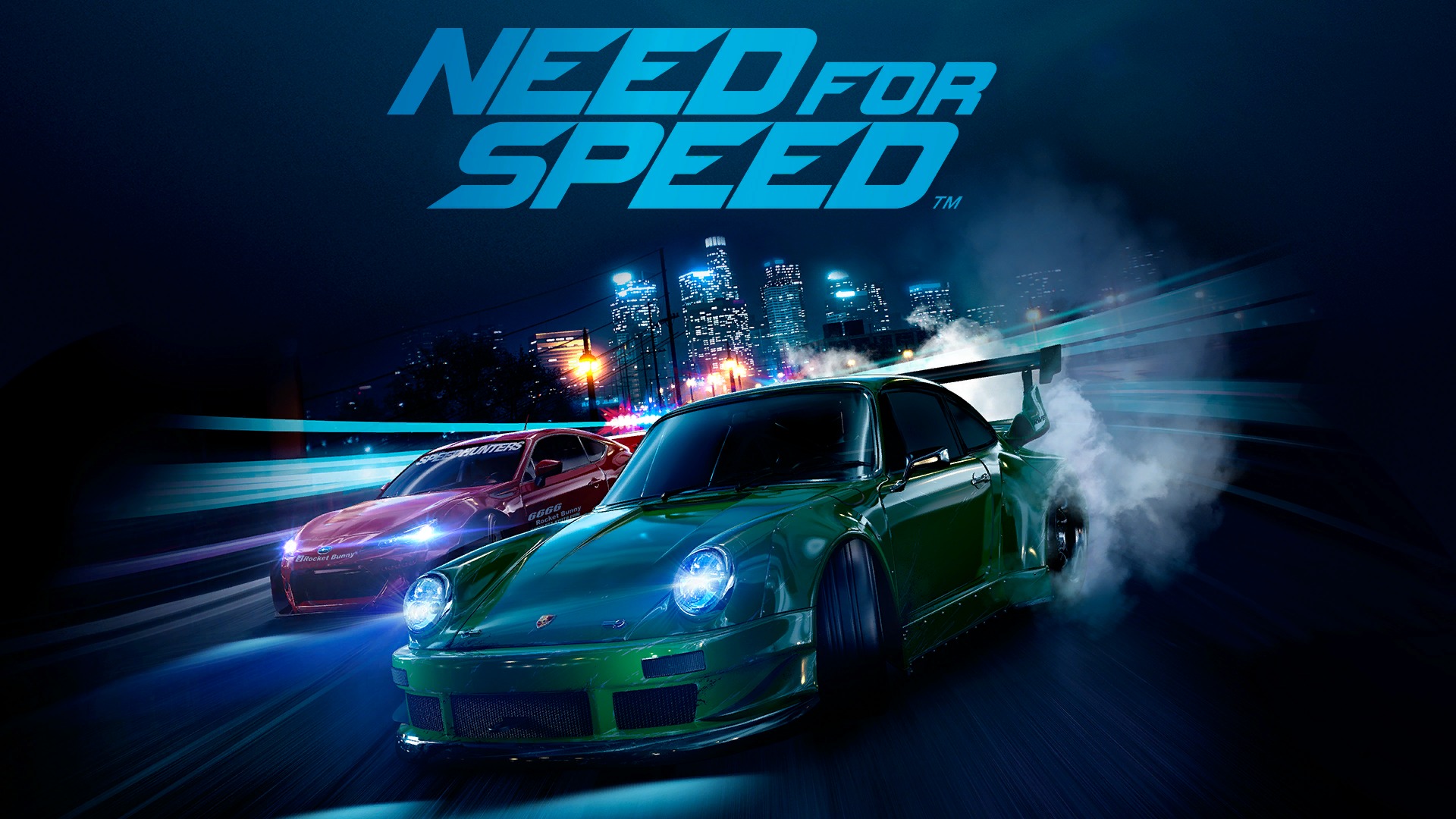

What it's lost since the last game is the heat multiplier, which encouraged you to actively piss off the cops in order to raise your heat level before the end of the night. That same system's intact here, but the day/night cycle has been expanded to a full working week of events, with showcase races each Saturday with massive buy-ins and vehicular prizes. In the last NFS this introduced a bit of risk-reward via the day/night cycle: all the cash you earned during the day would be in jeopardy if you were caught up to no good at night and got busted. What's likely to get you far more invested is the returning heat system.

Story here is a means to an end, and it's enough to get you invested in the racing. And let's be honest, even the great Forza isn't renowned for its human and thought-provoking prose. For all I know, it might still be genuinely acceptable to describe something as "straight fire, yo".

The dialogue does hit my ear awkwardly, but then I'm 36. In other words: it's trashy, pulpy, and mostly endearing for it. Any aspirations of revealing truisms about the human condition are rather hamstrung by those constraints. This is a game in which you'll be driving cars, tuning cars, and then buying more cars to tune and drive. Before you can say "2005" there's been skulduggery, a stolen starter car and a completed prologue which commits admirably to storytelling, albeit without having anything particularly novel to say.īut nobody came here for Proust. Grizzled mechanic and mentor Rydell keeps telling you two to play it smart, but Yaz won't take direction. A couple of kids who came up through the foster system start to make waves in Lakeshore's street racing scene, thanks to Yaz's knack for tunes and your driving. Zoom zoomerīut what you're actually dying to hear about is the story, of course. It's just a different discipline than many racers ask of you. If you game this mechanic hard, you can be boosting for half the race or more, and that makes a big difference to your times. A slightly confusing double-layered NOS boost system fills up as you do dangerous stuff-driving into oncoming traffic, near misses with traffic, drifts-and offers additional shots of boost for chaining these feats. The margins between decent and good driving are all about boost generation and management. Not that there isn't skill in going fast. And Criterion's handling model just doesn't have that play, that granularity. But when you're in a tight race and a low-speed corner does appear, you want to be able to edge ahead due to your superior control of the vehicle. It serves the style of racing Unbound offers: light on the corners and braking zones, focusing more on hitting top speed and holding it for as long as possible while snaking through busy urban tarmac. Most of the time that's enjoyable enough, though.


 0 kommentar(er)
0 kommentar(er)
